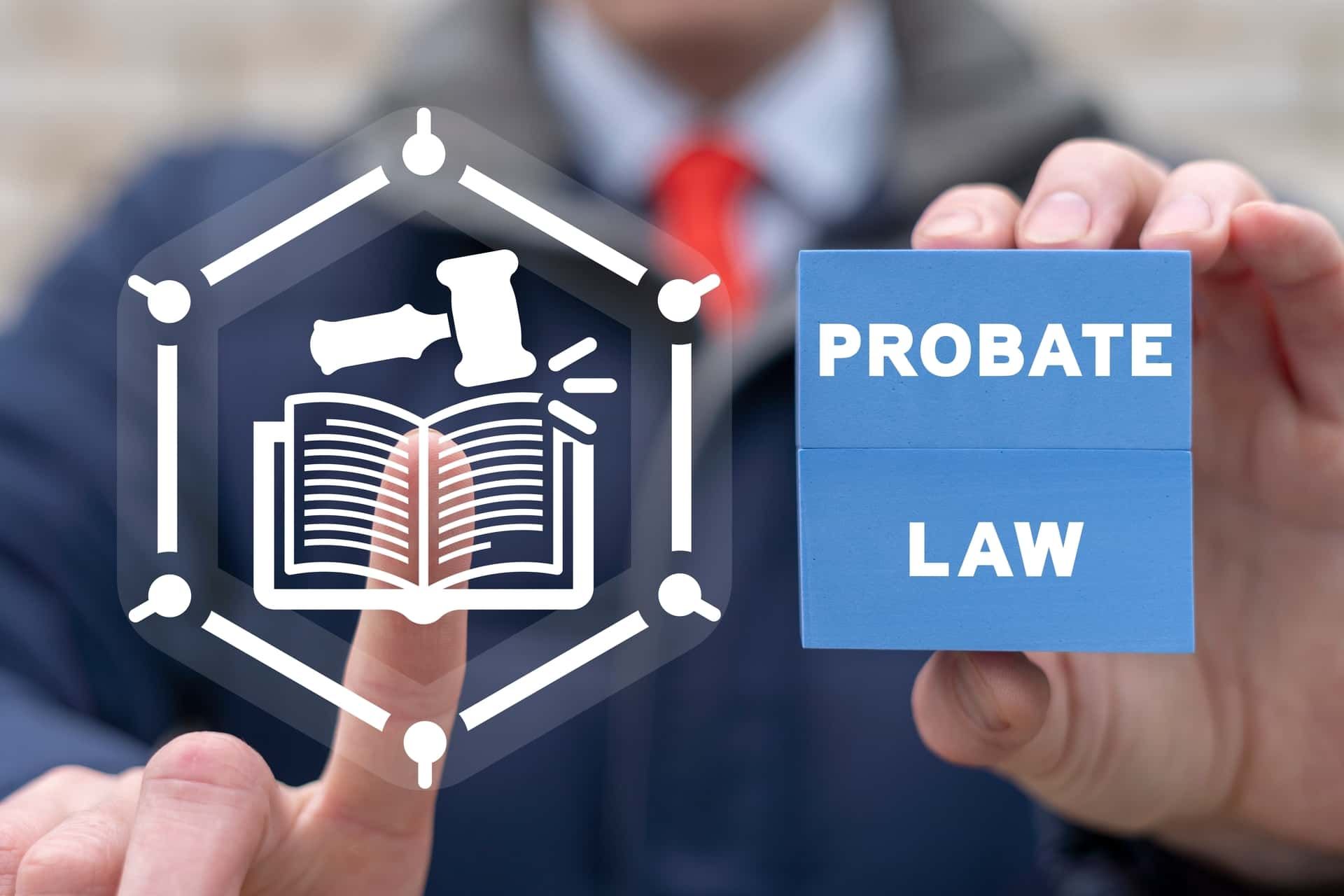IRS Private Debt Collectors Target Low-Income Taxpayers
Private debt collection agencies that are collecting tax debts on behalf of the Internal Revenue Service have been forcing many taxpayers into payment plans they can’t afford.
Private debt collection agencies that are collecting tax debts on behalf of the Internal Revenue Service have been forcing many taxpayers into payment plans they can’t afford.
National Taxpayer Advocate Nina Olson found that of the taxpayers put into payment plans by private collection agents, 43 percent had income lower than their allowable living expenses.
The IRS revived the private debt collection program last year after Congress passed legislation in 2015 requiring the agency to restart the program, even though it had been shut down twice over the years because it failed to pull in the anticipated tax revenue and cost more money to run than it collected (see IRS revives private debt collection program ). Four private businesses were contracted to participate in the program: CBE Group of Cedar Falls, Iowa; Conserve of Fairport, N.Y.; Performant of Livermore, California; and Pioneer of Horseheads, N.Y.
National Taxpayer Advocate Nina Olson testifies at a hearing of the House Ways and Means Oversight Subcommittee
Olson has long criticized the private debt collection program, which has long drawn complaints about harassing taxpayers. Her office, the Taxpayer Advocacy Service, examined the recent returns of approximately 4,100 taxpayers who made payments to the IRS after their debts were assigned to private collection agencies through Sept. 28, 2017. The data indicated that 28 percent had incomes below $20,000; 19 percent had incomes below the federal poverty level, and 44 percent had incomes below 250 percent of the federal poverty level. Olson pointed out that the IRS uses 250 percent of the federal poverty level as a proxy for economic hardship in several situations, such as in administering the Federal Payment Levy Program.
“This pattern of taxpayers whose debts are assigned to (private collection agencies) entering into (installment agreements) and making payments they appear to be unable to afford is continuing,” Olson wrote Wednesday on her blog.
In 2016, before the private debt collection program was revived, the IRS’s internal debt collection processes using IRS employees generated $4.7 billion in tax revenue. Under the private debt collection program, most of those internal procedures are bypassed in favor of referral to the outside collection agencies, which are able to keep up to 25 percent of what is collected. However, the program is already costing the U.S. Treasury more money than it brings in, according to the National Treasury Employees Union, which represents IRS employees and has long opposed the program.
“And now we learn that it is adding more financial hardship on American families already struggling to keep up with their bills,” NTEU national president Tony Reardon said in a statement Friday. “This is the third time Congress has steered public IRS business to private collection agents, and like the first two times, it should be canceled.”
Private collection agencies solicit full payment of the tax debt when they contact taxpayers, and if the taxpayer can’t immediately pay the debt, the private debt collector can offer an installment agreement, Olson noted.
Olson said her office is continuing to gather data about how taxpayers are faring in the hands of the private collection agencies. With the latest iteration of the program more than a year old now, her office plans to look into how often taxpayers default on the installment agreements they enter into while their debts are assigned to private collection agencies. Olson intends to include the results in a report to Congress that will be published later this month.
The post IRS Private Debt Collectors Target Low-Income Taxpayers appeared first on Law Office of Mary E. King P.L..
Disclaimer: The information on this website and blog is for general informational purposes only and is not professional advice. We make no guarantees of accuracy or completeness. We disclaim all liability for errors, omissions, or reliance on this content. Always consult a qualified professional for specific guidance.
RECENT POSTS
CONTACT US






